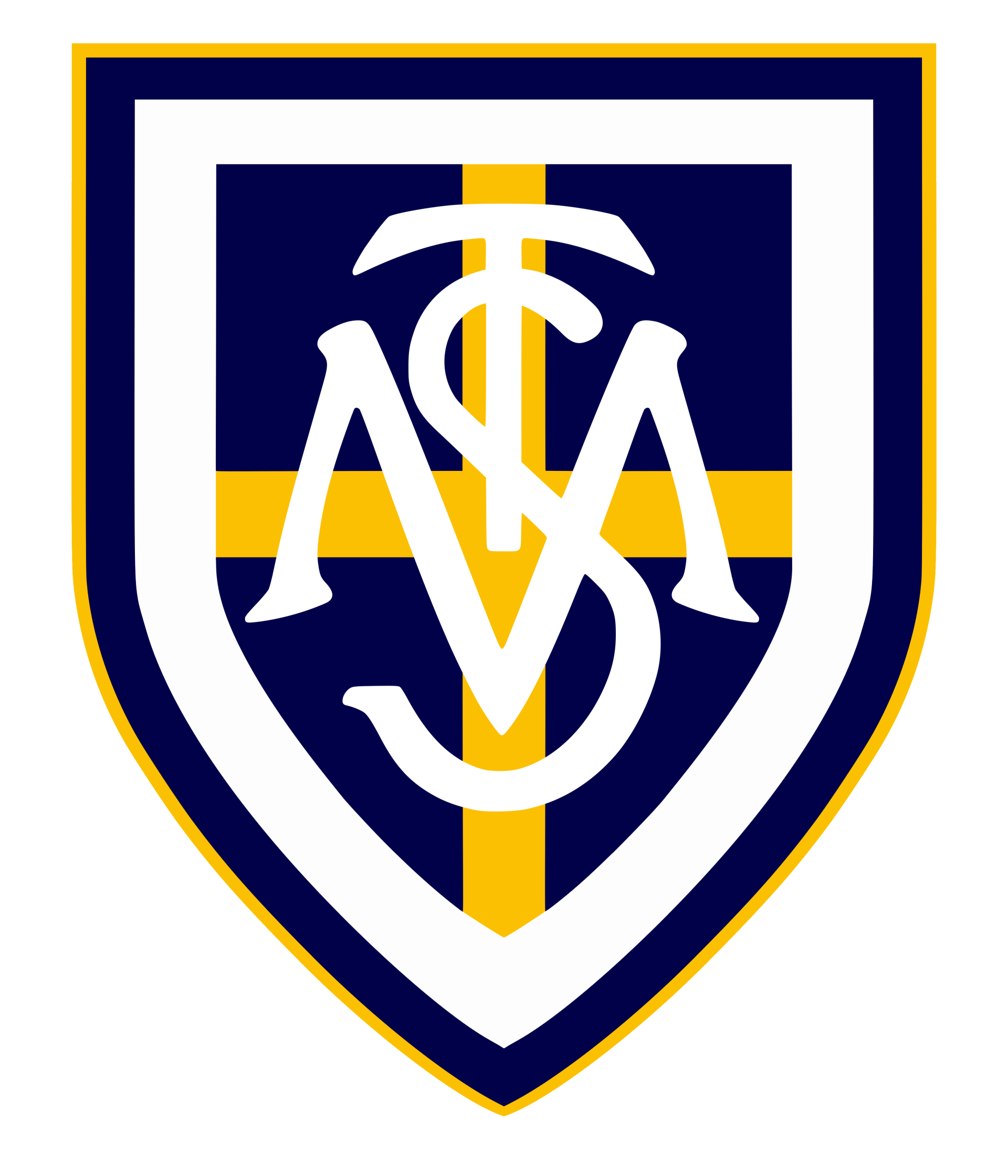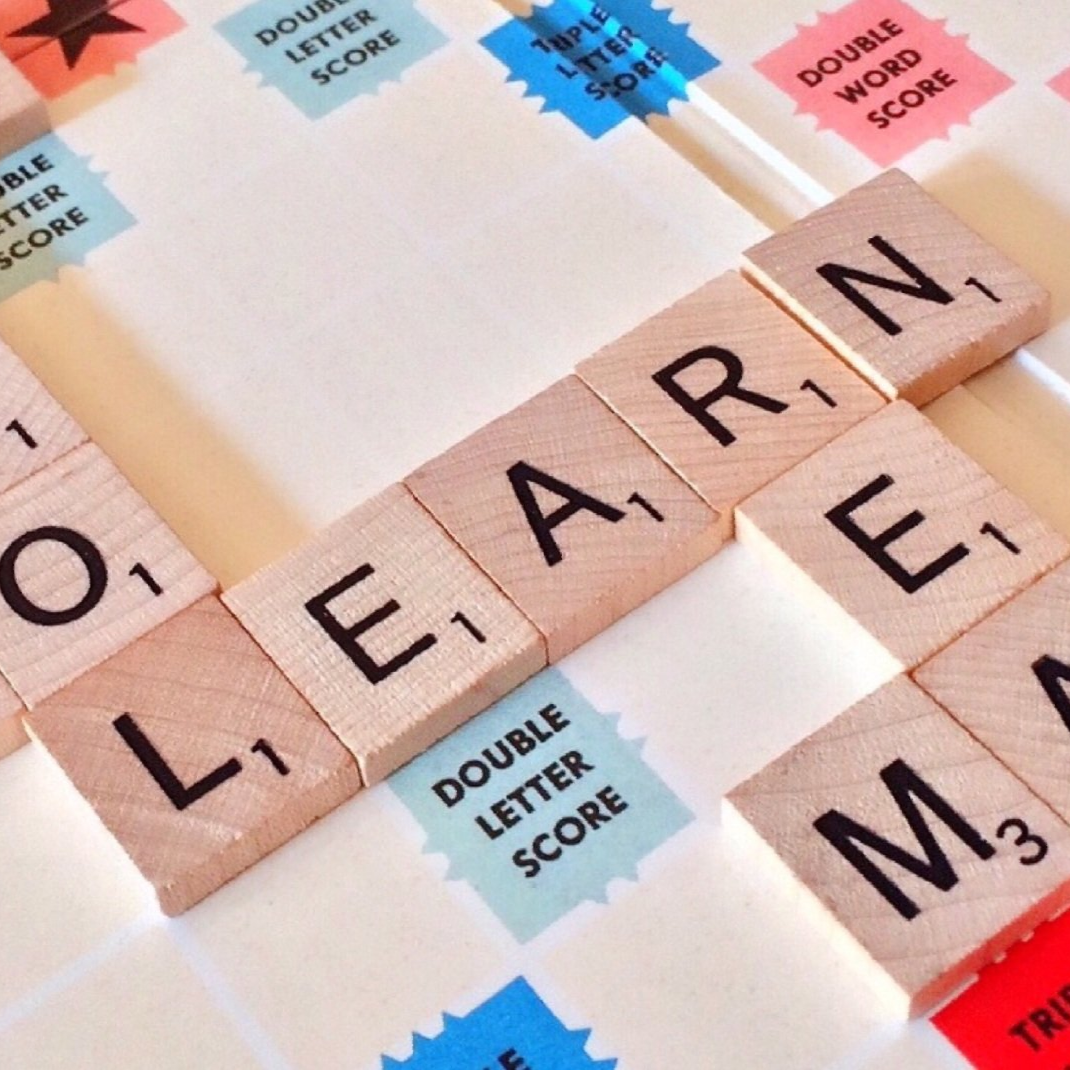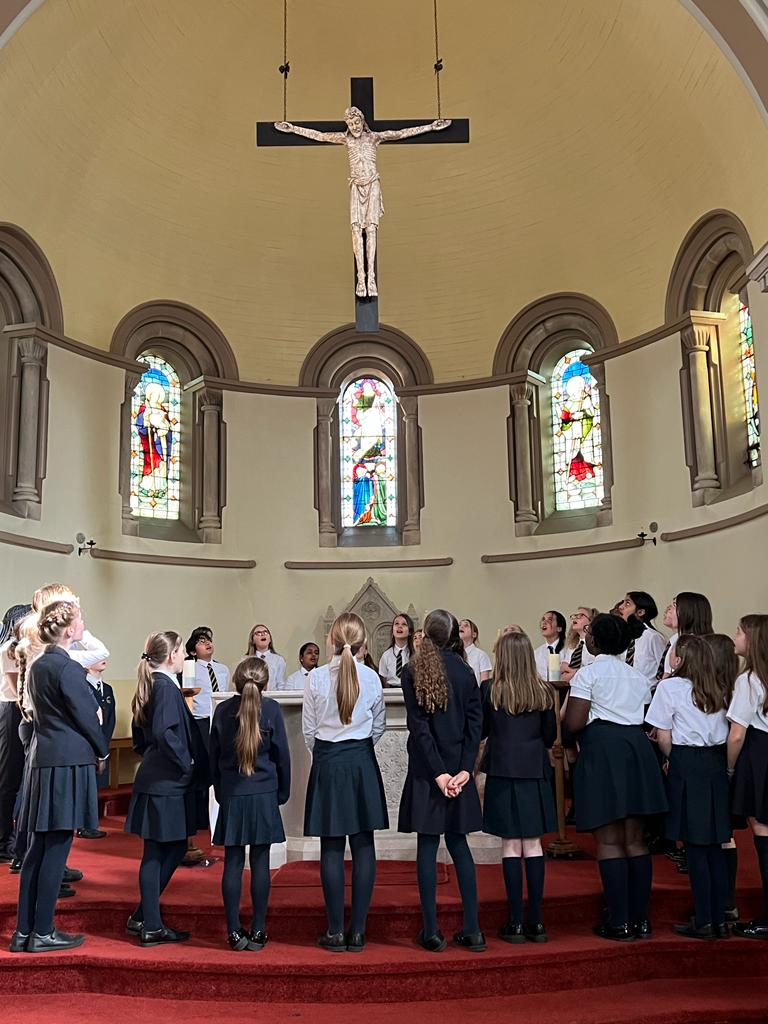Curriculum
Our Curriculum
At St Thomas More’s Primary School, we value each child as an individual with a unique potential for learning. We promote the spiritual, moral, cultural, mental and physical qualities of all pupils. We believe that an effective curriculum offers knowledge, skills, understanding and progression and our curriculum is designed with these principles in mind. We have designed a curriculum which is ambitious for all children. We recognise that each child, each class and each member of staff have unique interests, skills and talents, therefore our curriculum is designed flexibly to meet the needs of our whole community. We want our pupils to enjoy their learning, experience the excitement of discovering something new or of mastering a skill.
Our school is committed to inclusion. We aim to create a sense of community and belonging. We believe educational inclusion is about equal opportunities for all learners whatever their age, gender, ethnicity, disability, attainment or background. For more details please see the relevant policies on this website e.g. Inclusion and Equalities.
Our Curriculum Intent
- Our aim is to enable each child to participate fully in current and future society as a responsible, self-confident global citizen.
- Our curriculum is ambitious for all children and designed to give them a broad range of experiences.
- Our curriculum aims to provide memorable moments which will form building blocks for the next stage in their learning.
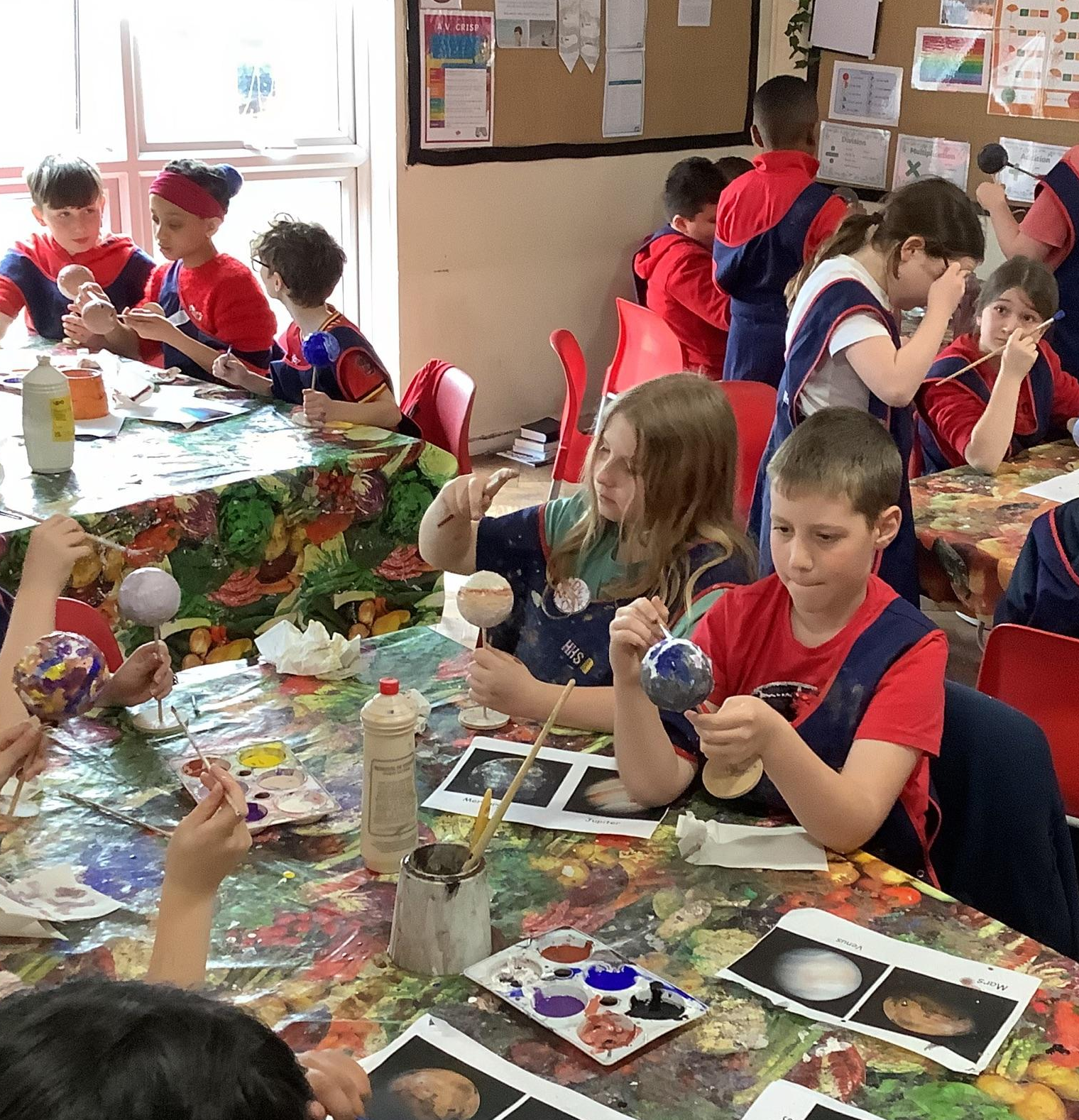
Curriculum design:
All stakeholders are part of the development of the curriculum design. To ensure curriculum quality we have developed:
- Sequential learning where pupils know more and can do more
- Local context and filling the gaps from pupils’ backgrounds
- Focus on subject disciplines when teaching through topics
- Depth and breadth and curriculum content
- Curriculum progression
- Clear purpose for assessment
- A mastery approach
- Pupil voice
- Clear curriculum leadership and ownership.
In EYFS we offer the pupils the whole range of curriculum subjects as they begin their learning journey with us. With high EAL numbers a practical approach to teaching and learning encourages and develops language in preparation for Y1. In Y1 and Y2 we offer the whole curriculum but with the focus on developing literate and numerate pupils ready for the KS2 curriculum. In KS2 we want our pupils to develop a deep body of knowledge by learning concepts many times in different topics and contexts. We want them to learn more and remember more and be ready for transition.
Curriculum Model
Knowledge-engaged approach:
Knowledge underpins and enables the application of skill. We strive for children to learn skills alongside knowledge, ensuring that both explicitly are developed. The curriculum is about how we can ensure that pupils can achieve both knowledge and skill. We do this by having an emphasis on cross-curricular teaching. We believe that this is important for making the curriculum relevant and meaningful to pupils and for putting knowledge into context. We believe it is our responsibility to develop the literacy and numeracy skills both discretely and across the curriculum for all our pupils. Using the Early Years Foundation Stage Strategy and National Curriculum as a basis, age-appropriate progression in knowledge for each core and foundation subject has been identified. This has been mapped out to ensure coverage of identified knowledge is secured across KS1 and KS2. We carefully select the sequence of when, what and how knowledge is taught and subject leaders work actively to review this aspect regularly. We have a topic map which shows what will be the themes in each class throughout the year and progression documents to show how the skills and knowledge are built upon over the Primary years.
As each topic is planned into a learning journey, a range of objectives in several curriculum subjects are addressed. This content is sequenced to ensure that components of knowledge lead to conceptual learning. This analysis is supported by strong subject knowledge from staff and aims for both depth of learning and breadth of coverage. Opportunities to practice knowledge and skills are built into the curriculum to secure deep understanding of each discipline. The curriculum planning ensures a layering of knowledge and concepts so that all pupils can make progress. As part of this planning process the staff look for opportunities to deepen the experience for the children through recreation activities, visits, residentials etc.
Whole School Curriculum Plan
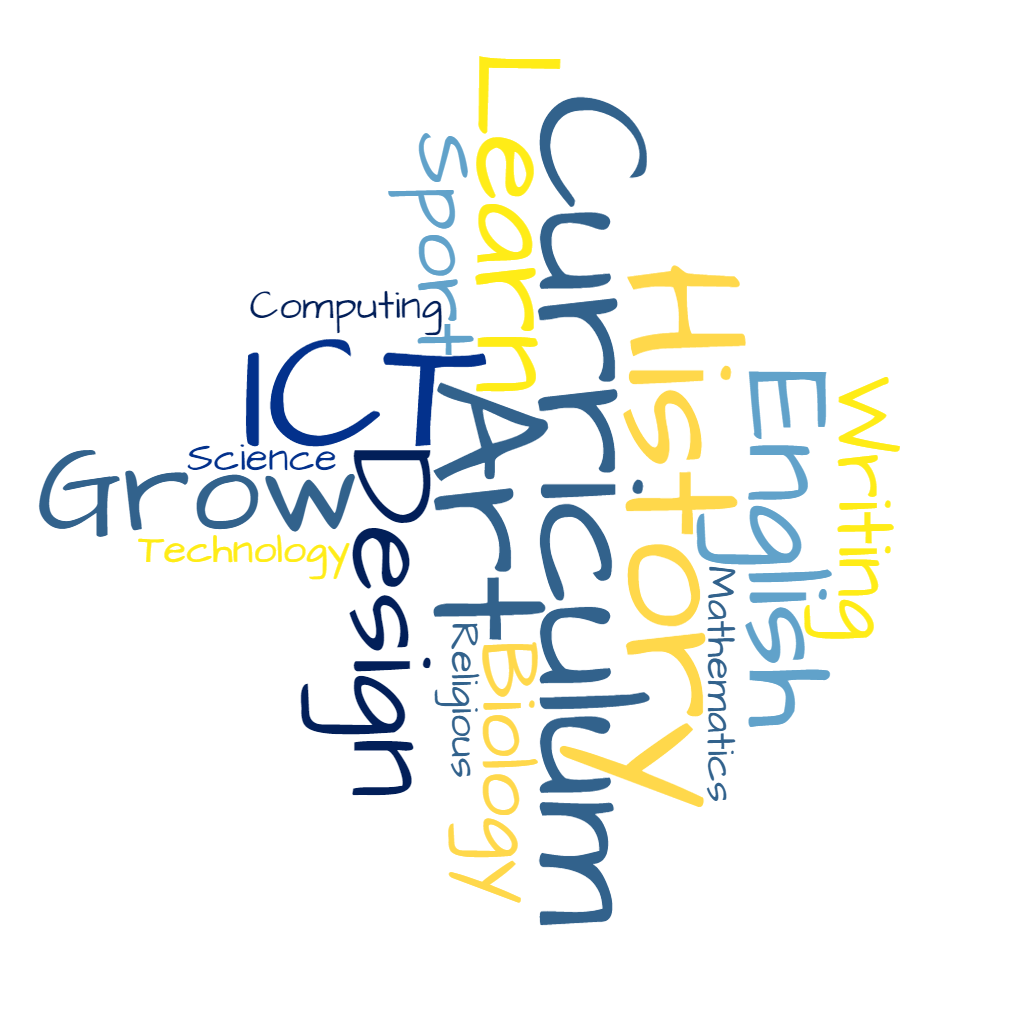
Our Curriculum
At the start of each academic year parents are invited to an information meeting with their child's class teacher who will provide full details of the curriculum and class routines for the year.
Our full curriculum can be viewed in the long-term planners below.
Subject Progression
These progression documents detail the learning of key concepts and knowledge across each subject and demonstrate the coherence and continuity in pupil learning. This knowledge enables pupils to build on previous learning and to deepen their understanding.
Policies relating to curriculum subjects can be viewed on our School Policies page.
